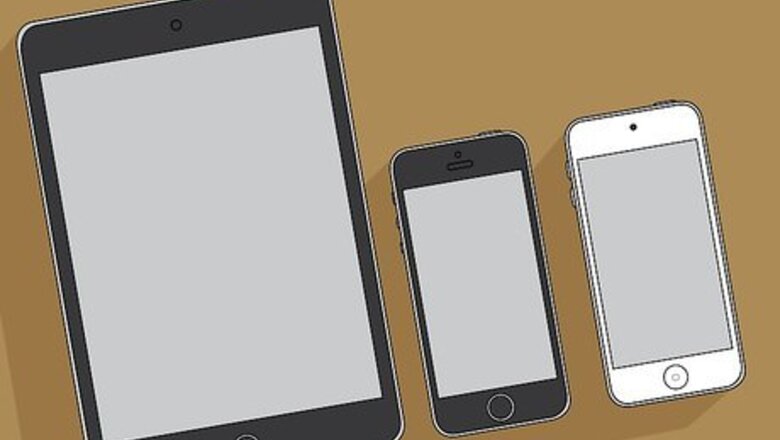
views
Preparing to Jailbreak
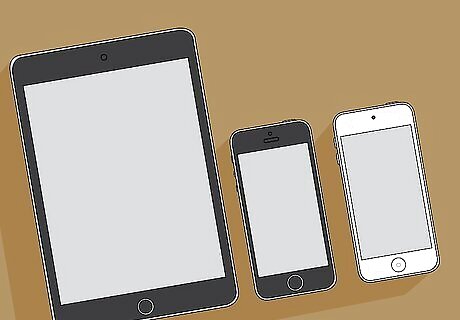
Make sure your device is compatible. Currently (April 2017), jailbreaks are possible on the following iOS devices: iPhone - 5S, 6, 6 Plus, 6S, 6S Plus, and SE iPad - Mini 2/3/4, Air 2, Pro iPod - 6th generation
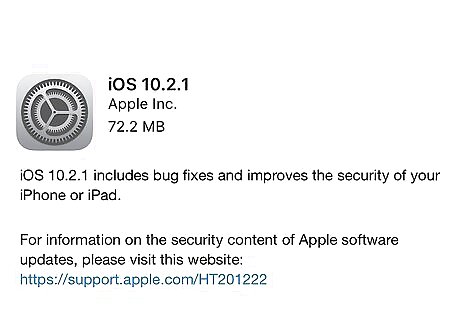
Make sure your iOS device is running iOS 10.2.1 or lower. As of April 2017, there is no iOS 10.3 jailbreak. To check your iOS' operating system, open Settings, tap General, tap About, and find the number next to the "Version" entry. If the number here is between 10.0 and 10.2.1, proceed. While the process here details jailbreaking for iOS 10 through 10.2.1, you can jailbreak your iOS device all the way back to iOS 7 if necessary.
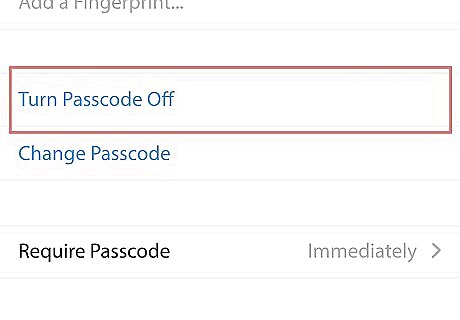
Disable your iOS device's passcode. You can turn it back on after the jailbreak is complete. To disable the passcode: Open Settings. Scroll down and tap Touch ID & Passcode (or simply Passcode). Enter your passcode. Scroll down and tap Turn Passcode Off. Enter your passcode again.
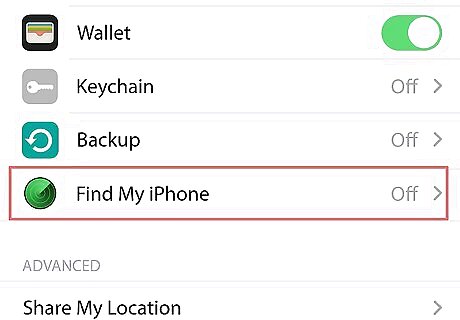
Disable Find My iPhone. As with your iOS device's passcode, you'll be able to turn it back on once the jailbreak finishes. To do this: Tap the "Back" button in the top-left corner to return to the "Settings" page. Scroll down and tap iCloud. Scroll down and tap Find My iPhone. Slide Find My iPhone left to the "Off" position. You may need to enter your Apple ID password or use your Touch ID to do so.
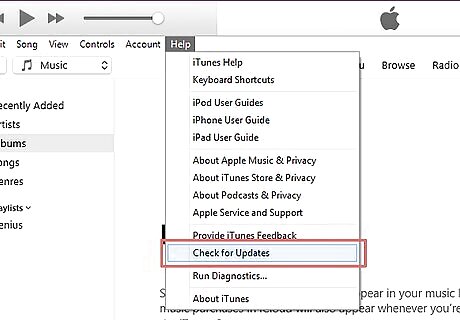
Update iTunes to the latest version. You can do this by opening iTunes, clicking the Help tab in the upper-left corner, clicking Check for Updates, and clicking Download iTunes if this option is available. You will need to restart your computer after updating iTunes.
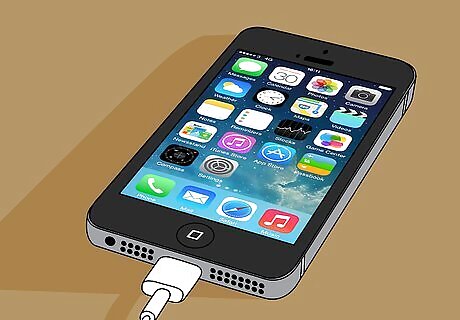
Connect your iPhone, iPad, or iPod to your computer. You'll connect it with your iOS device's USB charger cable.
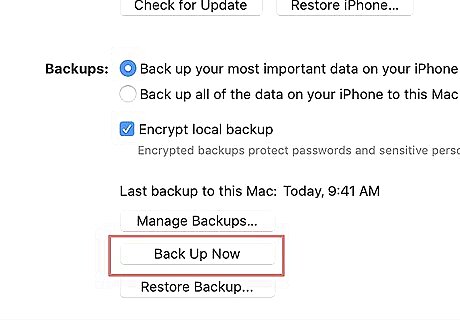
Back up your device's data. While not necessary, backing up your iOS device to iTunes will ensure that you can restore it should the jailbreak go wrong. The process for backing up an iPhone will work for backing up an iPad or iPod as well. Jailbreaking in and of itself won't typically harm your device, so this is just a precautionary measure.
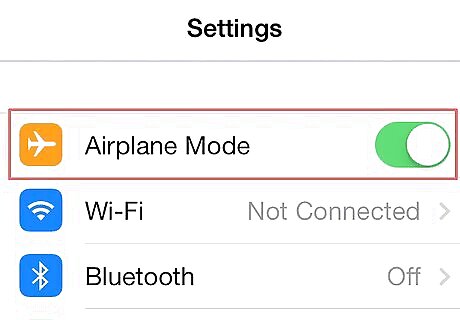
Activate your device's Airplane Mode. This will prevent Apple over-the-air updates or restrictions from affecting the jailbreak. To do so: Open Settings. Slide Airplane Mode at the top of the "Settings" page right to the "On" position.
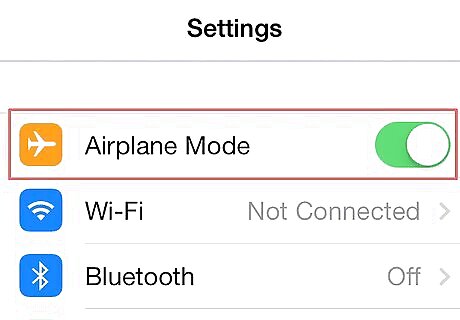
Proceed with jailbreaking your iPhone, iPad, or iPod. Now that you've taken the necessary steps to ensure that the jailbreak will work, you may begin actually jailbreaking your device.
Jailbreaking
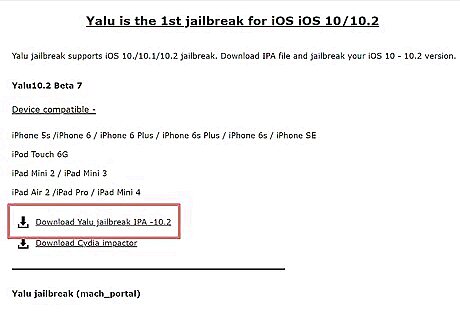
Click the "Download Yalu jailbreak IPA -10.2" link. It's the first link beneath the "Yalu10.2 Beta 7" heading on this webpage.
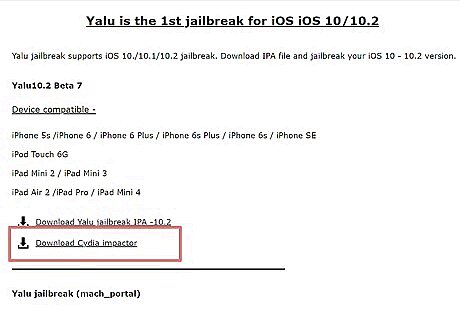
Click the "Download Cydia Impactor" link. It's directly below the first link. Doing so will take you to a page with links at the top of the page for different operating systems: Mac OS X Windows Linux (32 bit) Linux (64 bit)
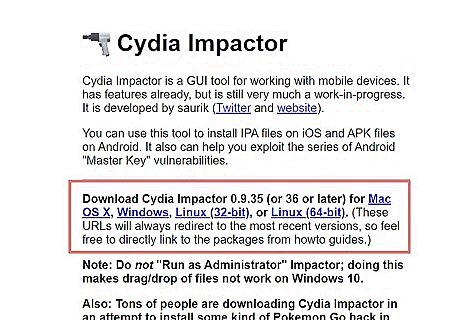
Click the link for your operating system. A ZIP file with the jailbreak installer in it will begin downloading to your computer. Depending on the browser you're using, you may need to select a save location (e.g., your desktop) before the file will download.
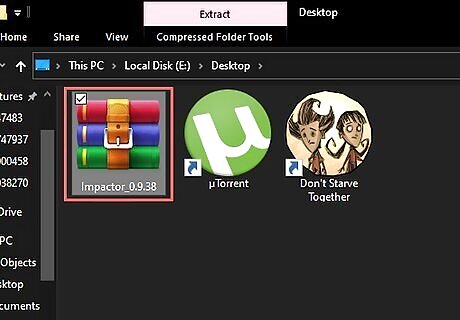
Double-click the ZIP folder. Doing so will open the ZIP folder on most computers. On old computers, you may need to install an unzipping program in order to open this folder.
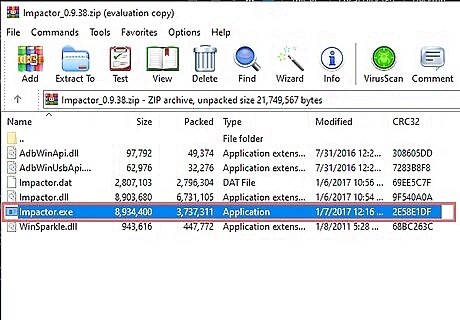
Double-click the "Impactor" application. It will begin installing files on your computer. This process will likely take a few minutes.
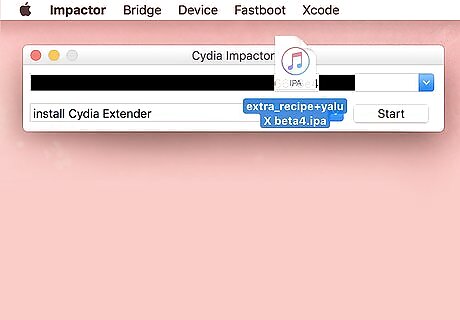
Click and drag "Yalu" onto the installer window. This file has an iTunes logo on it, and will likely be on the desktop.
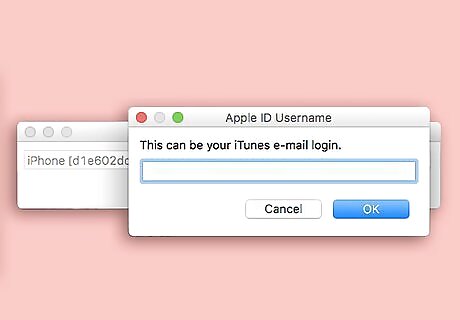
Enter your Apple ID email address. Do so in the pop-up window when prompted.
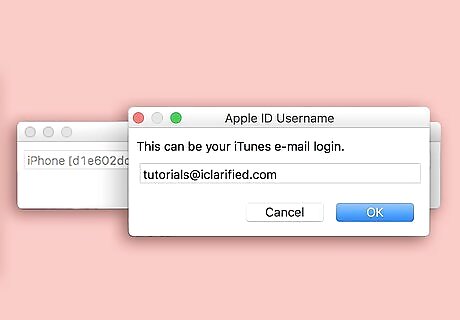
Click OK. It's at the bottom of the window.
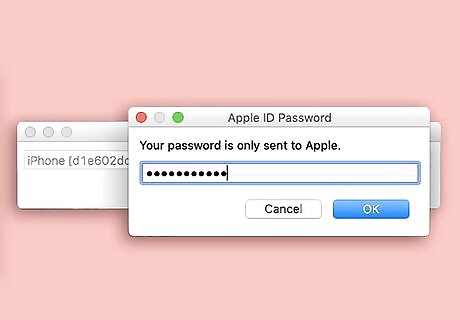
Enter your Apple ID password. Do so in the same window as above.
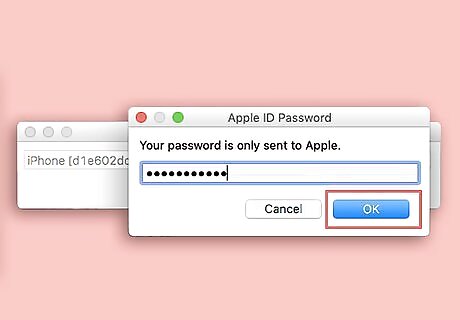
Click OK. As long as your Apple ID credentials are correct, Yalu will begin installing onto your iOS device. Again, this process will take a few minutes.
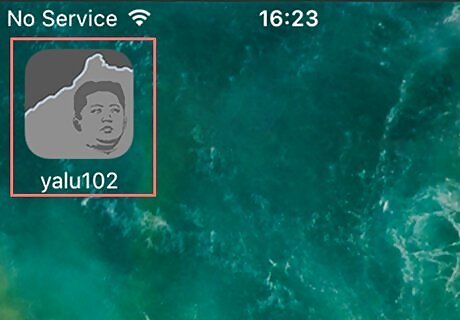
Open Yalu on your iOS device. It's a black and grey app with a human face on it.

Tap go. This is a link in the middle of the screen. After tapping it, your iOS device will restart.
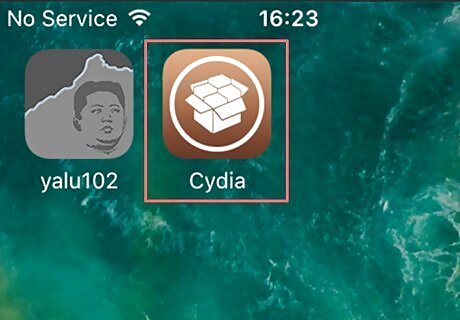
Wait for your device to finish restarting. Once it does, you'll see a brown app with a box icon called "Cydia" on the Home Screen; this is the jailbreak App Store. You have successfully installed Cydia on your iOS device.
Using Cydia
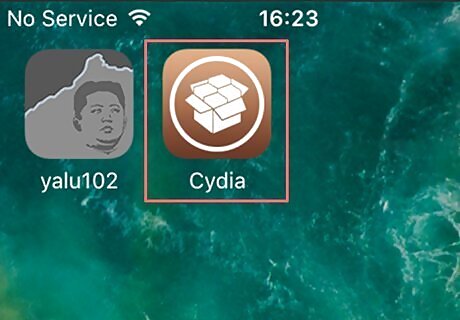
Open Cydia. It's a brown app with a box icon on it. You will find it on the Home Screen after the jailbreak completes, though you will have to scroll to a Home Screen page to view it if your primary Home Screen is full.
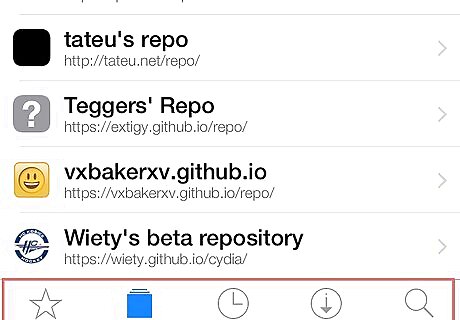
Review the tabs at the bottom of Cydia. These tabs include the following: Cydia - Bottom-left corner of the screen. This is the Cydia Home page. Sources - Right of Cydia. Any repositories, which are places from which you can download tweaks, will appear here. You can add repositories by tapping Edit in the top-right corner of the screen, tapping Add in the top-left corner, typing in a repository's URL, and tapping Add Source. Changes - Right of Sources. This page is analogous to the Updates tab in the iOS App Store. To update your iOS device's tweaks and apps, tap Upgrade in the top-right corner of the screen. Installed - Right of Changes. You can view a comprehensive list of all apps, tweaks, and other changes. To remove a change, tap it, tap Modify in the top-right corner, and tap Remove. Search - Bottom-right corner of the screen. Allows you to search for Cydia apps, tweaks, etc.

Tap Cydia. You'll be taken back to the Home page.
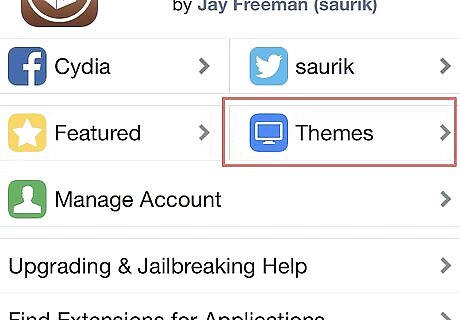
Tap Themes. It's on the top-right side of the screen. You can browse Cydia themes, which fundamentally change the way your iOS device's display appears and reacts, in this section. The majority of the tweaks here are paid.
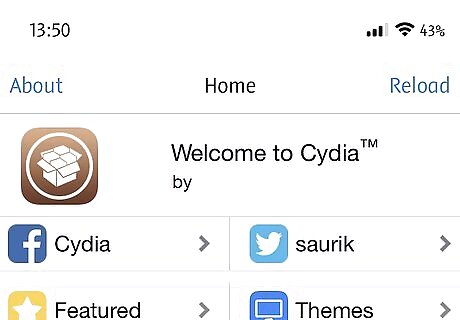
Continue browsing Cydia. As you navigate Cydia, you will get a feel for the kinds of themes or tweaks you prefer, and you'll be able to download them as you go.














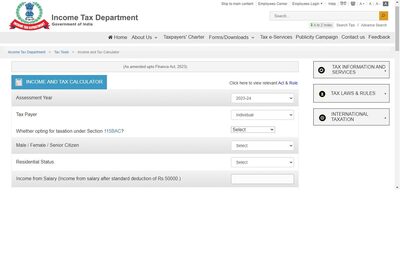





Comments
0 comment